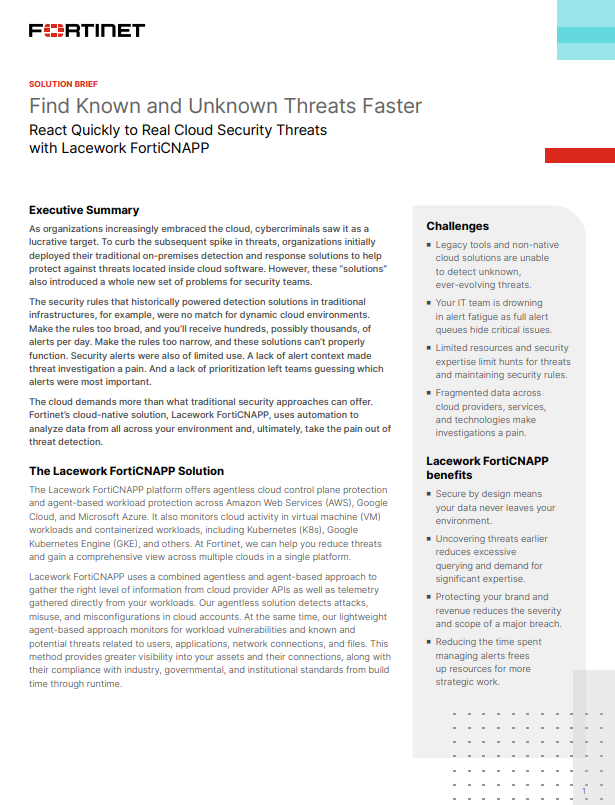Judge may take months to consider DEA review
A decision on the judicial review into the DEA could be two months away, according to sources close to the situation.


The court hearing into the Government's much-troubled Digital Economy Act (DEA) has come to a close, but it may take as long as two months for a decision to be made on the judicial review, sources close to the situation told IT PRO.
The High Court in London heard the closing remarks of both the defendants and the claimants yesterday, as it was stressed the issues need to be dealt with now rather than in several years' time.
BT and TalkTalk brought the case to court after querying whether the legislation was compatible with EU law. Others have protested against the DEA's allowance to block internet access of those suspected of repeatedly downloading copyright material.
Defendants of the Act pointed to the fundamental right to property, saying copyright is included in that.
Claimants questioned the impact the legislation would have on ISPs, claiming they would face increased pressure from obligations imposed by Ofcom.
"Judgment will be handed down as soon as is reasonably practicable, but given the complexity of the arguments presented it is likely that this will be some time," a blog from the Open Rights Group (ORG) read.
Peter Bradwell, a copyright specialist from the ORG, told IT PRO he heard rumblings a decision is not likely until between six and eight weeks.
Get the ITPro daily newsletter
Sign up today and you will receive a free copy of our Future Focus 2025 report - the leading guidance on AI, cybersecurity and other IT challenges as per 700+ senior executives
He noted, however, that the judge appeared willing to take a good look at the case.
"He seems very interested in looking at the case in great detail and he appreciates the importance of it," Bradwell said.
"Thinking beyond the review, whatever happens it doesn't mean it is any better a policy choice."
Over the coming weeks and possibly months, the judge will consider a total of five grounds: compliance with the European Technical Standards Directive, compatability with privacy rules, compatibility with EU e-commerce directives, if the obligations are proportionate, as well as the possible incompatibility with the Authorisation Directive.
The latter forms part of EU law determining the regulation of comms providers, including ISPs like BT and TalkTalk.
Actual implementation of the Act has been delayed indefinitely and the case may eventually be taken to the European Court of Justice.
Tom Brewster is currently an associate editor at Forbes and an award-winning journalist who covers cyber security, surveillance, and privacy. Starting his career at ITPro as a staff writer and working up to a senior staff writer role, Tom has been covering the tech industry for more than ten years and is considered one of the leading journalists in his specialism.
He is a proud alum of the University of Sheffield where he secured an undergraduate degree in English Literature before undertaking a certification from General Assembly in web development.
-
 Neural interfaces promise to make all tech accessible – it’s not that simple
Neural interfaces promise to make all tech accessible – it’s not that simpleColumn Better consideration of ethics and practical implementation are needed if disabled people are to benefit from neural interfaces
By John Loeppky
-
 Solution Brief: Find Known and Unknown Threats Faster
Solution Brief: Find Known and Unknown Threats FasterDownload Now
By ITPro
-
 Optimise CX and accelerate business growth through your voice network
Optimise CX and accelerate business growth through your voice networkwhitepaper Protecting the human experience in a digital world
By ITPro
-
 New Ofcom guidelines show it’s getting tougher on big tech
New Ofcom guidelines show it’s getting tougher on big techNews New Ofcom guidance outlining its plans for the Online Safety Act show the regulator is toughening up on big tech.
By Emma Woollacott
-
 ‘Europe could do it, but it's chosen not to do it’: Eric Schmidt thinks EU regulation will stifle AI innovation – but Britain has a huge opportunity
‘Europe could do it, but it's chosen not to do it’: Eric Schmidt thinks EU regulation will stifle AI innovation – but Britain has a huge opportunityNews Former Google CEO Eric Schmidt believes EU AI regulation is hampering innovation in the region and placing enterprises at a disadvantage.
By Ross Kelly
-
 The EU just shelved its AI liability directive
The EU just shelved its AI liability directiveNews The European Commission has scrapped plans to introduce the AI Liability Directive aimed at protecting consumers from harmful AI systems.
By Ross Kelly
-
 A big enforcement deadline for the EU AI Act just passed – here's what you need to know
A big enforcement deadline for the EU AI Act just passed – here's what you need to knowNews The first set of compliance deadlines for the EU AI Act passed on the 2nd of February, and enterprises are urged to ramp up preparations for future deadlines.
By George Fitzmaurice
-
 IDC InfoBrief: Sustainability doesn’t need to be all stick and no carrot
IDC InfoBrief: Sustainability doesn’t need to be all stick and no carrotwhitepaper CIOs are facing two conflicting strategic imperatives
By ITPro
-
 ‘The pace of change is taking its toll’: Business leaders are becoming burned out by rapid technological changes
‘The pace of change is taking its toll’: Business leaders are becoming burned out by rapid technological changesNews Tech leaders are contending with mounting stress levels amidst a sharpened focus on adopting new technologies and ramping up transformation efforts
By Emma Woollacott
-
 EU agrees amendments to Cyber Solidarity Act in bid to create ‘cyber shield’ for member states
EU agrees amendments to Cyber Solidarity Act in bid to create ‘cyber shield’ for member statesNews The EU’s Cyber Solidarity Act will provide new mechanisms for authorities to bolster union-wide security practices
By Emma Woollacott